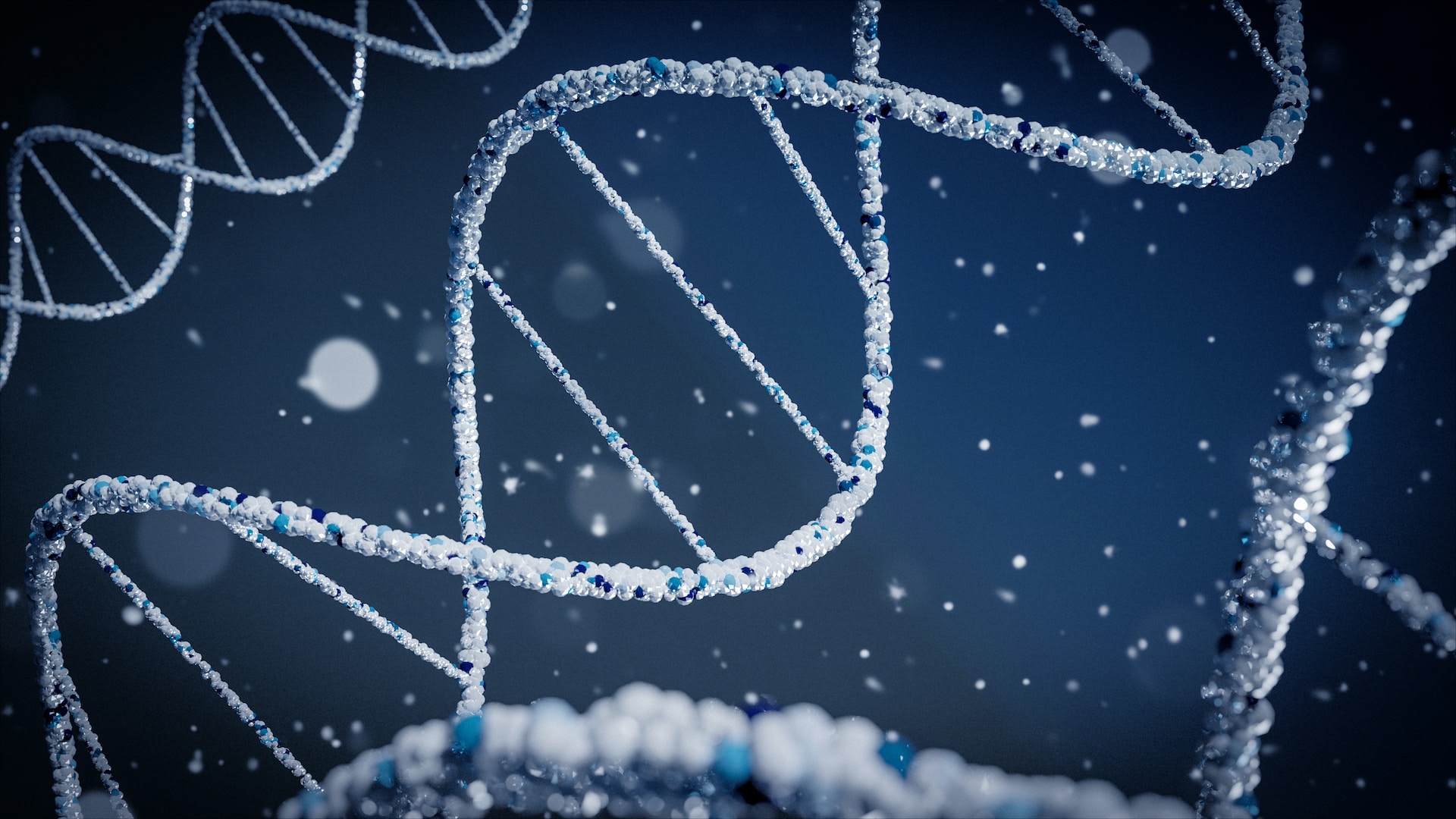Scientists have discovered how living cells can react and adapt to weightlessness in space. The new discovery will help protect astronauts from the adverse health risks associated with long-term space missions.

Space is not free from the effects of gravity, especially directly around the Earth. Right in orbit, this force is weaker than on the surface. For example, the effect of gravity on the International Space Station (ISS), located just 400 km above the Earth’s surface, is 90% weaker than at sea level. This limited gravity is not described as weightlessness, but as “microgravity”. However, it causes certain stress reactions in the cells of living beings.
Researchers including Rita Miller, a professor of biochemistry and molecular biology at Oklahoma State University, have discovered that the protein SUMO (small ubiquitin-like modifier) can help cells adapt to microgravity in artificially simulated circumstances.
“Under normal gravity conditions, SUMO is known to respond to stress and to play a critical role in many cellular processes, including DNA damage repair, cytoskeleton regulation, cellular division, and protein turnover. This is the first time that SUMO has been shown to have a role in the cell’s response to microgravity,” Miller explained.
Miller and his team investigated the types of SUMO binding in yeast cells under conditions of terrestrial gravity and microgravity. The analysis revealed 37 proteins interacting with SUMO in cells exposed to microgravity and demonstrated expression levels more than 50% different from the level in control cells prone to normal gravity. The analysis revealed 37 proteins interacting with SUMO in cells exposed to microgravity and demonstrated expression levels more than 50% different from the level in control cells prone to normal gravity. Among them, those that were involved in repairing DNA damage, energy and protein production, maintaining cell shape, cell division, and transporting proteins inside cells were important.
Biologists will continue their research to establish how these changes affect human health in order to develop a protective strategy for long-term space travel.
Earlier we reported on why NASA strictly prohibited astronauts from getting pregnant in space.
According to Space
Follow us on Twitter to get the most interesting space news in time
https://twitter.com/ust_magazine

